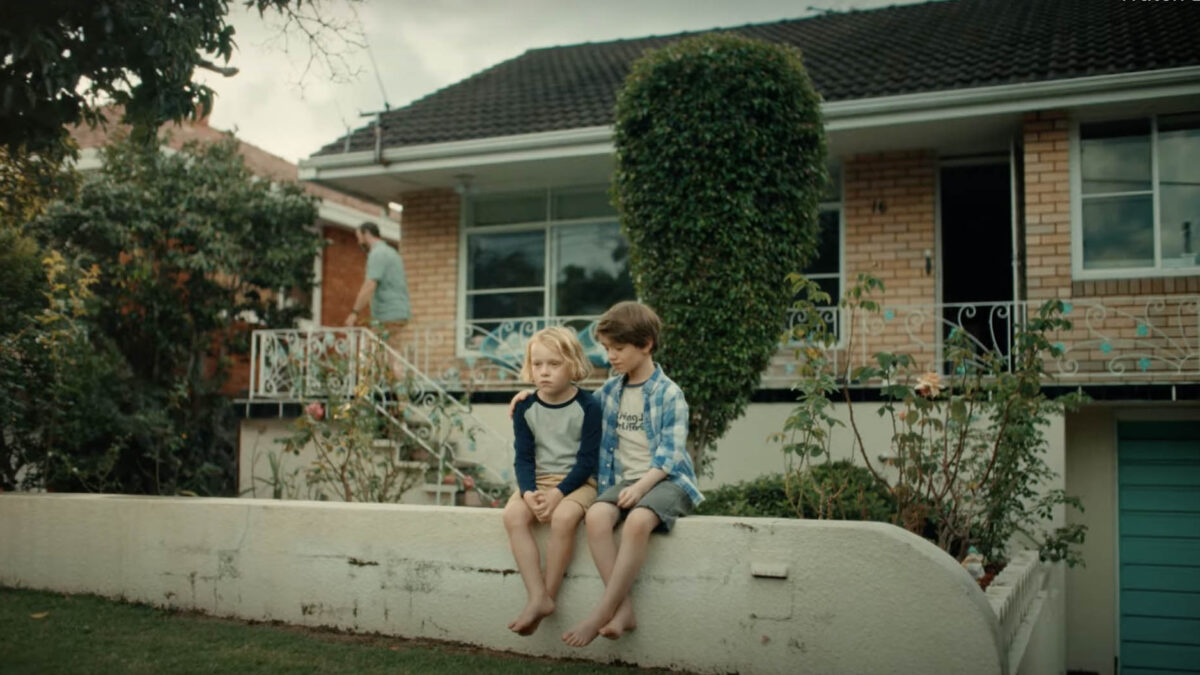The Australian government’s latest ad against violence ticks all the right boxes and sends home a very strong message.
The “Stop it at the Start” campaign was first launched in April 2016 with an aim to address the problem of violence against women and their children. The fourth phase of the campaign was launched two months ago and with it, a call-to-action for parents and every adult influencer in a child’s life.
Government ad campaigns can sometimes come across as cringeworthy and trying too hard (remember the confusing milkshake consent video last year?). This new series of ads, however, is inspirational, touching and may just bring a tear to your eyes (in a good way).
The “Bring up Respect” ads follow the lives of two young children: Jack and Ava. We catch glimpses of key moments in their lives when they learn about respect—for themselves and others. It brings home the message that teaching children about respect starts early and has to be an ongoing conversation.
Why we need to teach children about respect
Around the world, about one in three women have been subjected to violence in their lifetime. More worryingly, almost a third involved intimate partner violence. And it’s not something that stops after a couple has children.
“We regularly celebrate the typical milestone moments in a child’s life—first steps, first words, first day at school. But we rarely acknowledge the moments that are arguably just as important—the moments that children and young people learn and embody key lessons in respect. Like using their words instead of lashing out, or learning to stand up for others instead of keeping quiet,” says Pia Chaudhuri, executive creative director at BMF, the creative agency behind the “Bring up Respect” ads.
“With this campaign, our goal is to demonstrate that every talk we have about respect doesn’t just make a difference to our own children’s lives, but has a ripple effect on society as a whole, as they then take these learnings into the wider world.”
The first lessons about respect
The 60-second ad begins with a pregnant woman lovingly talking to the baby in her belly.
“The first time you tell her she’s strong,” the voiceover says.
We then see a preschool-aged Ava on the monkey bars, successfully hanging on independently, cheered on by a very proud dad. “The first time she believes it,” the voiceover continues.
Tears may begin to well up in your eyes when you see a very sad and lonely primary-school-aged Jack sitting by himself. He’s wiping away tears at a wake. His father finds him, squats down and addresses him.
“The first time you say, ‘It’s OK to cry’,” the voiceover says as we get a close-up of Jack’s tear-filled eyes.
Jack, a few years older now, is sitting at the front of his house with his younger brother. They’re waving goodbye to a friend who’s moving away.
As the voiceover says, “The first time he tells his brother . . . ” it fades away and you can hear Jack telling his younger brother, “It’s OK to cry.”
In the next few scenes, we see Ava and Jack growing up under the influence of their parents, teachers and significant adults. It’s about now that the waterworks start as you discover they’ve become strong, independent young people who have not only learned about respect, but are willing to stand up for others.
Read: How to raise a boy to be a gentleman
Also: Raising girls to understand consent
How helpful was this article?
Click on a star to rate it!
3 / 5. 2
Be the first to rate this post!
Melody Tan
Related posts
Subscribe
Receive personalised articles from experts and wellness inspiration weekly!

